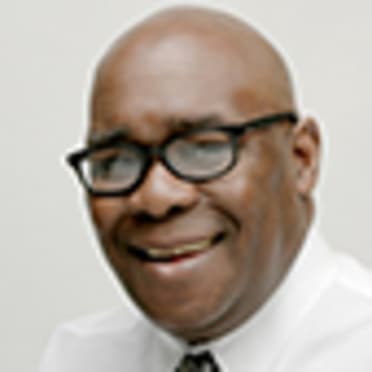This story was originally published in May 2021. MLB.com is republishing it following Willie Mays' passing on Tuesday at age 93.
By the time he turned 21, Willie Mays was in the Major Leagues and considered by many to be a five-tool player. The claim was first announced by Leo Durocher, Mays’ first big league manager in the early 1950s.
Mays could do it all. His glove and arm were exceptional. His running speed was considered tops in baseball, and his power and hitting ability were second to none.
Willie Mays, 1931-2024:
- Willie Mays, a baseball giant, dies at 93
- Loss of Mays leaves Giants heartbroken in Chicago
- 'My heart is on the floor': Baseball world reacts to Mays' passing
- Rickwood Field game has new meaning: Mays will 'be watching over'
- Timeline of the Say Hey Kid's legendary career
- Griffey grateful for time with Mays, 'the godfather of center fielders'
- Cutch remembers Mays: 'He was a pioneer for the game'
- 24 amazing Willie Mays stats
- Willie Mays' best moments
- Mays always knew he'd make The Catch
- Willie Mays learned the game in the Negro Leagues
- Mays, Clemente in same outfield? It happened
- The thing that stopped Aaron-Mays OF? $50
- Mays' pure joy for baseball made him the GOAT
- The day Mays nearly sat out but hit 4 HRs instead
- Mays' last dance in NY came with '73 Mets
It isn’t difficult to figure out why Mays was established at such a young age. It started in the Negro Leagues, where Mays began his professional career at 15. Think about this: He had yet to graduate from high school, and he was playing with grown men.
“If you think about it, the players that came out of the Negro Leagues [like Mays did], they weren’t just good. They were exceptional,” MLB Network analyst Harold Reynolds said. “The cream of the crop of athletes, Willie was the greatest. I think we overlook his athleticism and abilities.”
According to SABR’s John Saccoman, Mays was first noticed with the Chattanooga Choo-Choos, a Negro League Minor League team, before joining the Birmingham Black Barons of the Negro American League the following season.
It was with the Barons that Mays learned how to play the game of baseball the right way. According to Negro League historian James A. Riley, manager Piper Davis was instrumental in helping to sharpen Mays’ skills.
Mays started as a shortstop with the Barons, but he couldn’t field his position properly. That’s when Davis put Mays in the outfield, and history was made. In his only year with the team, Mays hit .233 with six RBIs in 13 games.
“I think I was programmed to do good things when I came to the Majors. I knew how to play [because of Piper],” Mays told the Academy of Achievement. “We would sit on the bench and he said, 'This [pitcher] is going to knock you down. Don’t worry about it. He is trying to scare you.’
“He and I had a sign. His sign was behind his back. This is the way the guy is going to pitch [to the opposing hitter].
"Piper had the first influence on me to be patient and to learn, because I wasn’t old enough to understand about playing with guys who were 25, some were older. … They were all grown. I’m out there by myself. I was probably the youngest of all [players in the league].”
Negro Leagues Baseball Museum president Bob Kendrick considers Mays as the measuring stick for a lot of fans.
“This kid from Birmingham, Ala., to ascend to that level and have the Negro Leagues be his roots obviously makes him such an important figure -- not just in Negro Leagues history, but in baseball history,” Kendrick said. “To have the status and the stature that he had in the eyes of many is special. You say Willie Mays and you light up.”
Before he passed away in 2006, the legendary Buck O’Neil invited Mays to the museum. O’Neil went through the museum with Mays, but because of Mays’ poor eyesight, the tour didn’t last long.
“Even then, Mays had multiple pairs of glasses, so it was difficult to complete the experience,” Kendrick said. “When we got in and Buck said, ‘There’s Oscar Charleston in center field, and Oscar Charleston was you before there was you.’ [Mays] just started to smile and the people around him [that day] said that Charleston must have been pretty good.”
Mays was that good, and that’s why is he one of the greatest players in baseball history.
